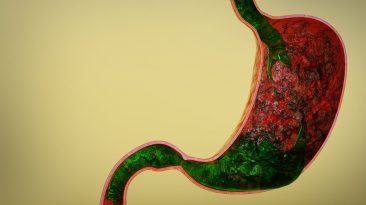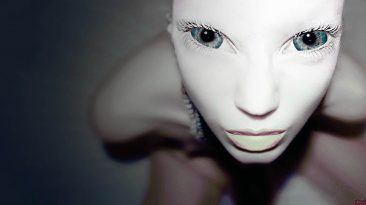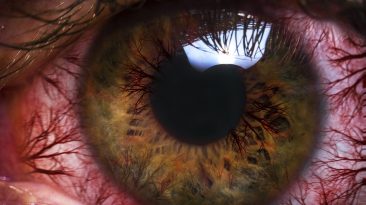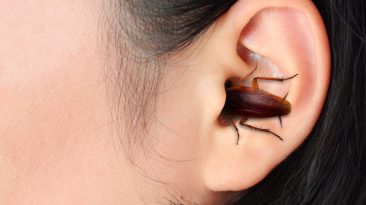There are so many reasons to cry. Pain, heartbreak, fear, joy, gratitude, and love. But it’s embarrassing, especially if you’re around other people. Plus, you like to maintain a calm and cool demeanor, and crying doesn’t fit your image. So you decide you’ll never cry again.
Where do tears come from? Would your eyes dry out? And could it hurt your sex life if you never cried?
Your eyes aren’t the source of your tears. Crying starts, and ends, in your lacrimal system. The lacrimal gland produces tears which spread out across your eyeball. These tears either drain through the tear duct and into the nose, or spill over.
While there’s a negative attitude to crying in some cultures, crying can make you feel better. When you release those waterworks, you’re also releasing oxytocin and endorphins.
In addition to making us feel good, endorphins are natural pain relievers. And oxytocin is a neurotransmitter that helps release sperm, and affects how strong our orgasms are.
All tears are not the same. Basal tears keep the cornea in your eye moist. Reflex tears wash out irritants and debris. And emotional tears are responses to strong emotion. They are what we usually associate with crying.
If you never cry, it might be because you have xerophthalmia. This is a disease that happens when you don’t get enough Vitamin A.
Or, you might have issues with expressing your emotions. Suppressing your feelings and not letting loose those emotional tears can become an automatic kind of self-control over time.
Whatever the cause, now you’re not making tears any more. And you would start to notice your lack of tears right away. The thin lining of your eyeball and eyelid, called the conjunctiva, would dry out, thicken, and wrinkle.
Your vision would become blurry without tears to lubricate your eyes and eyelids. And your eyes would be unable to wash away debris, dust, and bacteria.
If this continues, and you never cry again, your cornea will liquify and you would eventually become blind. You’d have to use artificial tears to replace the real ones.
And while artifical tear drops could help with the physical consequences of never crying, it wouldn’t help you at all in your emotional department. Along with releasing oxytocin and endorphins, crying releases a natural painkiller called leucine enkephalin.
Tears also contain stress hormones. And when you cry, you drain those hormones from your body. And who wants to keep their stress?
So without the ability to weep, you’d lose some valuable chemical reactions that would make you feel better quicker. Luckily, if you find you can’t cry, there are treatment options.
Xerophthalmia can be managed with Vitamin A therapy. If you have a blocked tear duct, you can try massaging the lacrimal sac or ask your doctor to check your eyes. Depending on the cause, antibiotics may help. Or, you may need surgery.
If your lack of tears comes from emotional reasons, a therapist may help you. If you never cry, it could be a sign that you have anhedonia. This is a common symptom of depression. It’s described as a loss of interest or pleasure in physical sensations.
Instead of less crying, maybe we should all do a little more of it. Women cry about five times more often than men do. And they’re probably better off for it.
Physical and emotional pains are a part of our everyday lives, and crying is one of the amazing ways our bodies have evolved to cope with them.
Sources
- “Xerophthalmia: Symptoms, Causes, And More”. 2020. Healthline.
- “Why do we cry? The Scientific Reasons Behind Sobbing”. Nick Knight 2014. The Independent.
- “Can’t Cry? Here’s Why”. 2020. Healthline.
- “8 Benefits Of Crying: Why Do We Cry, And When To Seek Support”. 2020. medicalnewstoday.com.
- “Blocked Tear Duct? What to Expect From Treatment”. Webmd.
- “Meet the woman who cries CRYSTALS”. 2015. The Sun.



























